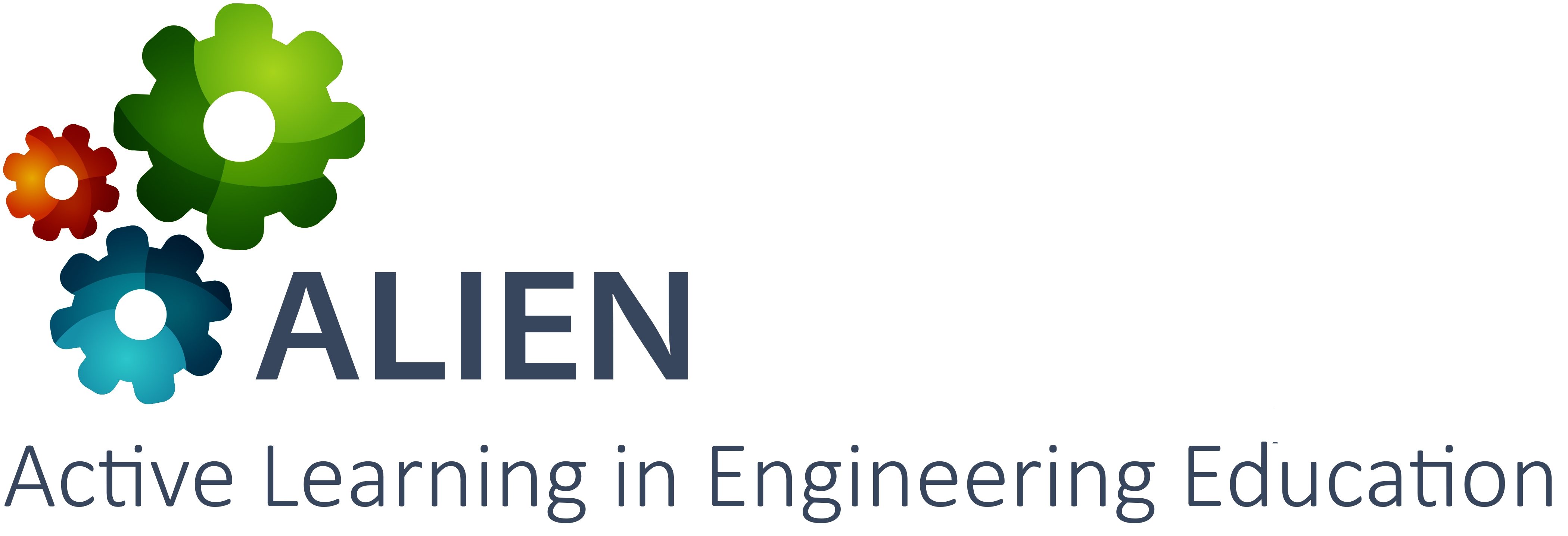 Course overview
Course overview
The course focuses on the deployment of technology as an educational tool in lifelong learning contexts that target the needs of specific groups including school learners, higher education students, adult learners, vocational learners, professionals, and others. The course analyses traditional and emerging learning methodologies including collaborative learning, explorative learning, active learning, mobile learning, problem-based learning, project-based learning, active learning, game-based learning, and more. It focuses on how technology, and most importantly information technology, can be combined with emerging pedagogies towards the enhancement of learning processes and experiences in formal, informal, and non-formal learning. The course furthermore focuses on how technology can contribute, in combination with pedagogical models, towards the development of basic, transversal skills including analytical thinking, critical thinking, entrepreneurial thinking, problem solving, ability to work in a team, etc.
Participants in piloting
The course enrolled 140 students in the 3rd, 4th, and 5th year of undergraduate studies. The course is an elective in the formal curriculum of the Department of Electrical and Computer Engineering of the University of Thessaly.
Timeframe
Fall 2019.
Use of ALIEN services and tools
During the course of Education Technologies, students were exposed to active and problem-based learning in the contexts of formal projects leading to credits.
In the first of these projects students designed educational scenarios for integration into a learning game that targets engineering higher education and aims to build skills for the real world. For each scenario, students described the educational objectives, the skills expected to be developed, and the gameplay and experience of the users that aims to contribute to the achievement of educational goals.
Students introduced a plethora of scenarios, a total of 24, on topics such as (please note that scenarios on similar topics have been combined):
- Designing an internet provider service for a city, including fiber optics solutions
- Integrating green energy production for covering everyday energy needs
- Monitoring of the work of large corporations
- Reserving energy in public buildings
- Making a city more livable
- Designing earthquake protection interventions in a city
- Designing a car sharing service for reducing emissions from traffic
- Designing a platform that simulates electrical circuits
- Design a water service for islands
- Designing interventions for avoiding traffic congestion
- Designing interventions for flood prevention
- Designing fault tolerant energy grids
- Designing interventions for fire protection
- Designing a mobile learning service
In the second of these projects the students designed problem-based learning activities for engineering education that deploy digital technology to promote exploration, experimentation, and collaboration. The students worked in teams and published the scenarios on the ALIEN platform.
In the third of these projects, students researched topics related to a) digital services for educational purposes and b) research activities related to technology in education. Students worked in teams and delivered the presentations in the class. To complete their work, students were challenged to deploy active learning for understanding the needs of the target groups in relation to specific educational objectives ant themes, designing a learning solution that involved digital technology for enriching student experiences and contributing to the achievement of learning goals, and proposing methods for validating the scaffolding of knowledge.
Finally, during the class the students had the opportunity to connect through videoconferencing to the TEALS lab at the University of Malaya, Malaysia and to see how the lab is used in problem-based learning contexts.
The active learning activities allow students to engage in practical application of digital technologies used in actual educational contexts, helping link education to needs in the real world. They allowed students to be directly engaged in the ALIEN project by designing problems for engineering education and by being exposed to active learning practices in Asian and European countries.








